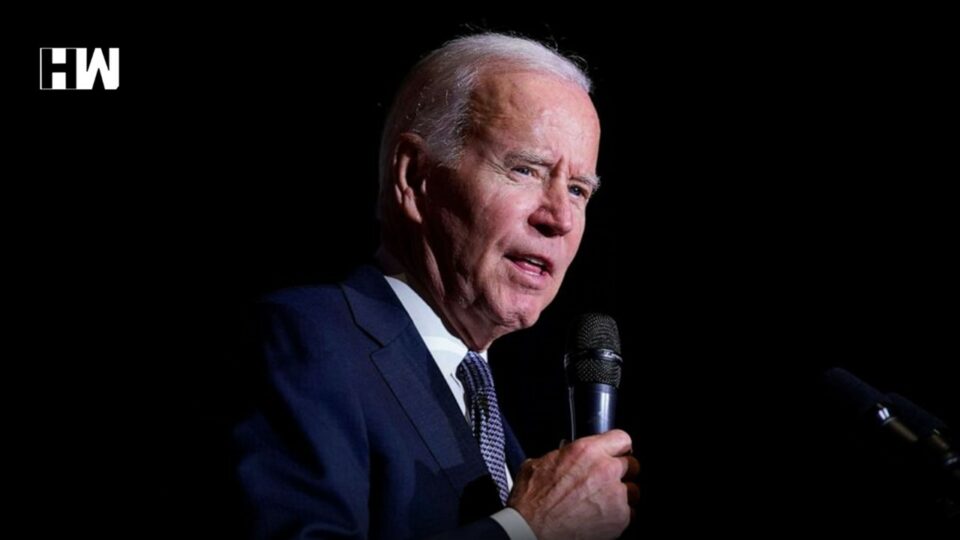After the official announcement by the chief minister, the rise will increase in Dearness Allowance from 34 percent to 38 percent
Guwahati: Assam chief minister Himanta Biswa Sharma on Sunday approved the proposal to increase the dearness allowance of government employees by four percent as a festive gift.
After the official announcement by the chief minister, the rise will increase in Dearness Allowance from 34 percent to 38 percent. The hike will be in effect from July 2022 but will be payable with this month’s salary.
Taking to Twitter, Assam CM Himanta Biswa Sharma said, “Happy to announce 4% additional Dearness Allowance for State Govt employees/All India Service Officers w.e.f. 1st July 2022, payable with this month’s salary. Hope this will add to the festive fervour.” “Also extending my good wishes for an auspicious and happy Deepawali!” he added.
Also Read: “Mama is with them..,” Shivraj Singh Chouhan’s Diwali with Covid orphans
This decision by the Assam government follows after the union cabinet in September, approved the release of an additional installment of Dearness Allowance and dearness relief at a rate of 4 percent to central government employees and pensioners.
Addressing a media briefing after the cabinet meeting, Union Information and Broadcasting Minister Anurag Thakur said the union cabinet has approved the release of an additional installment of Dearness Allowance and dearness relief at a rate of 4 percent to central government employees and pensioners.
This was the second increase in the dearness allowance of the central government employees this year. In March 2022, the government announced a three percent increase in DA. That increase was effective from January 1, 2022.
Earlier this month, Haryana Government also decided to give Diwali bonanza to its employees by hiking Dearness Allowance to 38 percent from 34 percent.
(Except for the headline, this story has not been edited by HW News staff and is published from a syndicated feed.)
As an independent media platform, we do not take advertisements from governments and corporate houses. It is you, our readers, who have supported us on our journey to do honest and unbiased journalism. Please contribute, so that we can continue to do the same in future.


